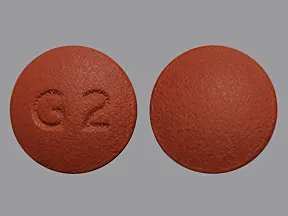

or Boswcllia bhaurdajiana Birdw), Myrrha (The resin of Commiphora myrrha Engl. XJW consist of 10 herbs, including Moschus (Secretions from mature male sacs of Moschus berezovskii flerov, Moschus sifanicus Przewalski or Moschus moschiferus Linnaeus), Momordicae Semen (Seeds of Momordica cochinchinensis (Lour.)Spreng), Aconiti Kusnezoffii Radix Cocta (The root of Aconitum kusnezoffii Reichb.), Liquidambaris Resina (The resin of Liquidambar formosana Hance), Frankincense (The resin of Boszvellia carterii Birdw. Xiaojin Pills (XJW), a well-known Chinese medicine prescription with a history of 200 years, has precise effects of dispersing swelling, relieving pain promoting blood circulation and promoting blood circulation, and is often used in the adjuvant treatment of cancer patients in clinic. Traditional Chinese Medicine (TCM) has been widely used in the clinical treatment of cancer in China owing to its advantages of multicomponent and multitarget effect, and has the distinct characteristics of reducing the toxicity of antitumor drugs and improving the quality of life of cancer patients. Therefore, there is an urgent need to explore new tactics to prevent and treat lung cancer in clinic. In recent years, although the treatment of lung cancer has made great progress, the development of lung cancer treatment has been hindered due to the phenomenon of multidrug resistance of chemotherapeutic drugs and their serious toxic and side effects. Lung cancer is currently one of the most harmful diseases in the world, with high morbidity and mortality, so it has been the focus of cancer research. Xiaojin Pills, lung cancer, metabolomics, network pharmacology Introduction


 0 kommentar(er)
0 kommentar(er)
